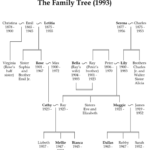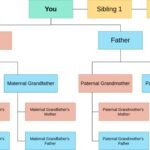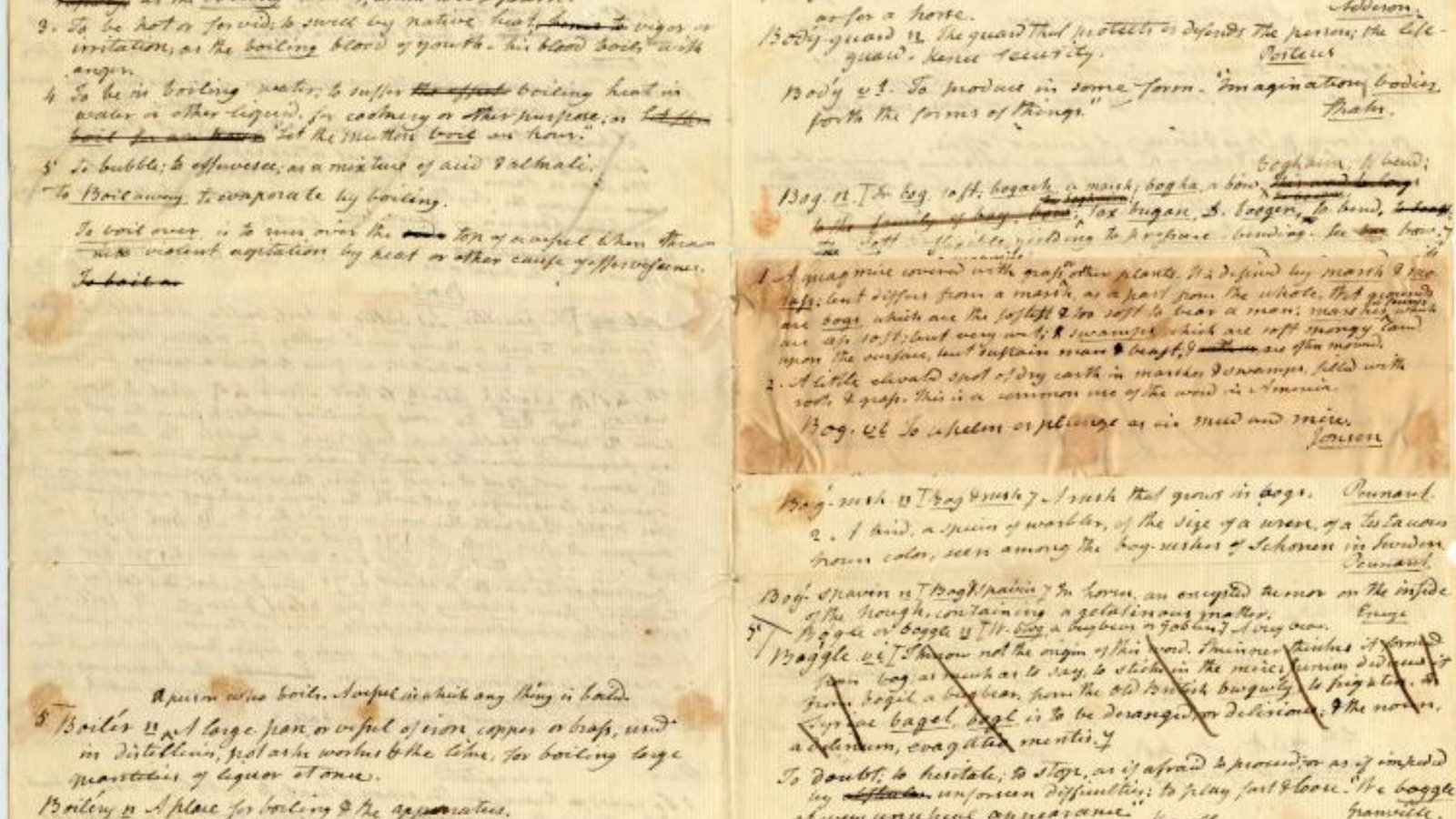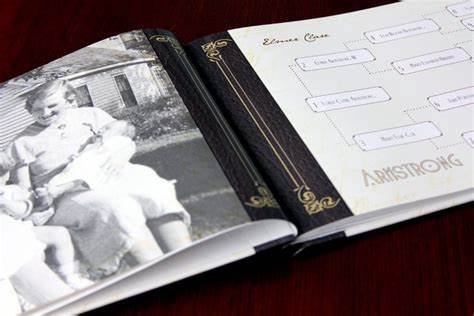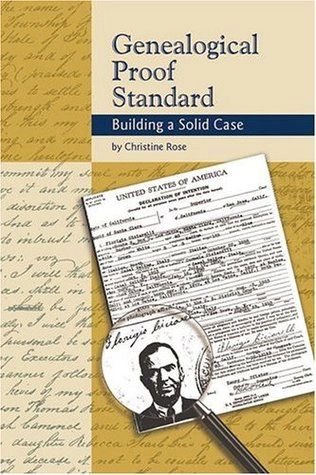Are you starting your journey into family history research? One of the most helpful tools you can use is a genealogical dictionary. These resources can help you understand important terms and concepts used in genealogy. Knowing the right words can make a huge difference in your research. In this article, we will look at some of the best genealogical dictionary resources for beginners and explain how they can make your family history journey easier.

Why You Need a Genealogical Dictionary
When researching your family history, you will encounter many terms and phrases that may be new to you. Words like “pedigree,” “census,” or “DNA testing” might sound confusing. This is where genealogical dictionary resources come in. These dictionaries define words, phrases, and key ideas that genealogists use. With these resources, you will better understand the materials you find and know how to use them in your research.
The best genealogical dictionary resources offer clear explanations. They will guide you through the world of family history with simple and easy-to-understand definitions. As you get more familiar with genealogy, you will feel more confident in your ability to trace your family tree.
Top Genealogical Dictionary Resources for Beginners
1. The Dictionary of Genealogy
The Dictionary of Genealogy is one of the most popular resources for beginners. It includes over 2,000 genealogical terms. This dictionary explains everything from basic terms to more complex ideas. Whether you’re new to the subject or have some experience, this book can be a valuable reference.
This dictionary provides definitions for common terms and even lesser-known ones. It’s organized alphabetically, making it easy to find any word you need. Many beginners find it helpful to have this book on hand when starting their research.
2. Genealogy Terms and Abbreviations
Another useful genealogical dictionary resource is the list of genealogy terms and abbreviations. Genealogists often use short forms or specific names that may be hard to understand at first. This dictionary will help you decode those abbreviations and understand their full meaning.
For example, terms like “b.,” “d.,” or “m.” are common in family records. Knowing what these mean is essential when reading old documents or family trees. With this resource, you can quickly look up abbreviations and keep your research on track.
3. Online Genealogy Databases and Glossaries
If you prefer digital tools, there are several online databases that offer genealogical dictionary resources. Websites like Ancestry.com and FamilySearch.org provide online glossaries of genealogical terms. These sites have free or paid resources available, making them an excellent choice for beginners.
The advantage of using online tools is that they are always up to date. Many websites also allow you to search for specific terms, making it easy to find what you’re looking for quickly. Additionally, online resources often include links to further readings, articles, and videos, which can help you deepen your understanding of genealogy.
4. The Complete Idiot’s Guide to Genealogy
While not strictly a dictionary, The Complete Idiot’s Guide to Genealogy is a helpful resource for beginners. It explains genealogical terms in simple language and breaks down the research process step by step. This guide is perfect for someone who is just starting and needs easy-to-understand explanations.
Though it’s not a traditional dictionary, this book serves as a great reference for new genealogists. It covers a wide range of topics, from basic terminology to the use of records like birth certificates, military documents, and more. It’s a valuable companion to other genealogical dictionary resources.
5. Family History Glossary
A family history glossary is another great tool for beginners. It’s a specialized glossary that explains terms used in family history research. This resource helps clarify words like “lineage,” “heritage,” or “antecedents,” which may not always be familiar to those new to genealogy.
Family history glossaries are often found in genealogy books, online guides, or as part of genealogy software. These glossaries focus on terms related to family records, so they are an excellent resource for understanding specific aspects of genealogy research.
How to Use Genealogical Dictionaries
When using any genealogical dictionary resource, remember that it’s important to be patient. Genealogy is a complex field with many technical terms. You don’t need to memorize everything at once. Instead, focus on understanding the terms that are most important to your current research.
It’s also helpful to use multiple resources. Different dictionaries may explain terms in different ways, so comparing definitions can help you gain a clearer understanding. For example, if you don’t fully understand a term in one book, you can check an online glossary for a different explanation.
Conclusion
In your genealogical research journey, best genealogical dictionary resources will be your best friend. They help you understand difficult terms and guide you through your family history research. Whether you choose a book, an online glossary, or a family history guide, these resources will give you the knowledge you need to succeed.
By using these resources, you can quickly improve your research skills and dive deeper into your family’s past. So, don’t hesitate to use genealogical dictionary resources and start uncovering the stories of your ancestors today!




